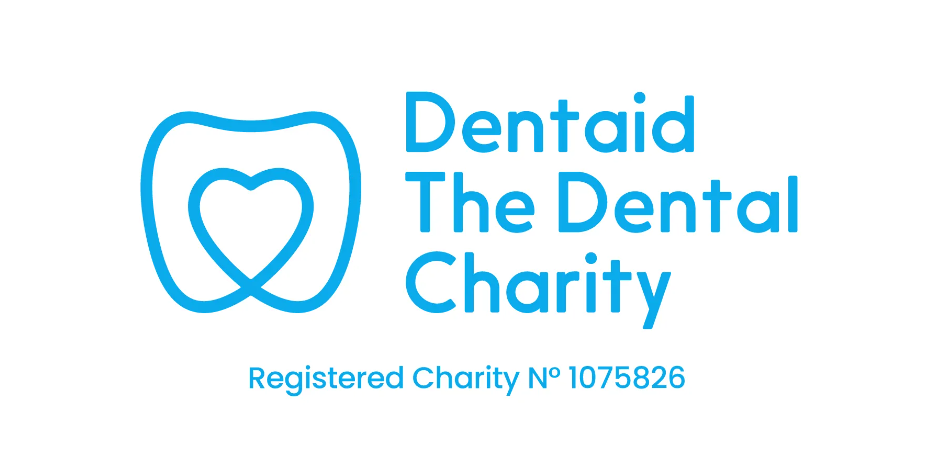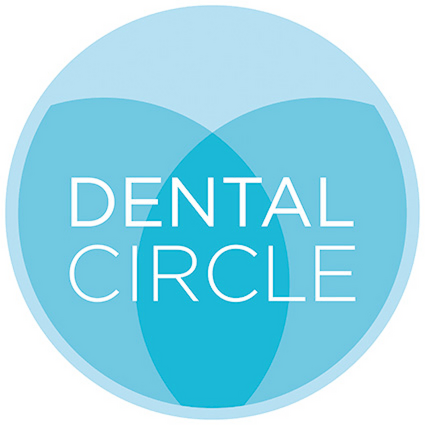Menopause and oral health: what the dental team need to know
)
Speaking on behalf of the Oral Health Foundation at this year’s British Dental Conference & Dentistry Show is multi-award-winning dental hygienist Juliette Reeves. With the effects of the menopause coming into the spotlight more and more in recent years, Juliette’s lecture will focus on the oral health manifestations of the menopause and the role of dental professionals in supporting patients’ oral and general health during this time.
We caught up with Juliette ahead of her lecture to find out more.
Can you explain what connection exists between the menopause and oral health?
During the menopause and the peri-menopause, levels of the female hormones oestrogen and progesterone rapidly decline which can result in an exaggerated and altered immune response. This can cause several oral health symptoms such as an increased risk of gingival inflammation, periodontal disease, dry mouth, fragile mucus membranes and burning mouth syndrome. Other soft tissue conditions include desquamative gingivitis, an increased risk of lichen planus, and geographic tongue. Oral menopause symptoms can significantly reduce quality of life and affect overall health and wellbeing.
Why did you choose this topic for your speaking session at the British Dental Conference & Dentistry Show this year?
It is imperative that the dental team understand effect of hormone status on the oral health of female patients. As part of the wider healthcare community, it is important that we recognise our role in the promotion of oral and systemic health for our female patients.
What advice would you give to dental professionals to help them better support patients going through the menopause?
It is important to do a thorough review of the patient’s oral symptoms and current medications, and to create a bespoke oral hygiene program and recall interval. In addition to monitoring medications and oral mucosal diseases, it is also essential to provide specific measures to treat oral symptoms such as oral infections, candidiasis, burning mouth syndrome, ulceration, and oral mucosal disorders. An oral medicine referral may be needed along with a GP referral for the evaluation of systemic diseases, hormone status, osteoporosis, vitamin or mineral deficiencies, thyroid function, and diabetes.
Do you think dental professionals have a role to play in improving their patients’ overall health and wellbeing?
We know that during the menopause women are at higher risk of developing cardiovascular disease, diabetes, and thyroid disorders, all of which have oral health associations and manifestations. Research shows that 60% of women with systemic symptoms of menopause simultaneously experience oral manifestations, and the management of general menopausal symptoms reduces the risk of systemic diseases and the incidence and severity of oral discomfort. Treating oral symptoms and identifying systemic conditions improves the quality of life for women during this period.
Apart from your own lecture, what else are you looking forward to about attending the British Dental Conference & Dentistry Show in May?
Attending the British Dental Conference & Dentistry Show is one of the highlights of the year, especially being able to meet and network with fellow clinicians and having the opportunity to interact with the dental trade. I am really looking forward to attending some of the wide variety of presentations available, meeting up with friends old and new, and catching up with the latest innovations in clinical care.
You can see Juliette’s lecture, ‘Oral health and the menopause: supporting patients throughout the menopause and beyond,’ on Saturday 18th May at 14:15 in the Enhanced CPD Theatre at this year’s British Dental Conference & Dentistry Show.







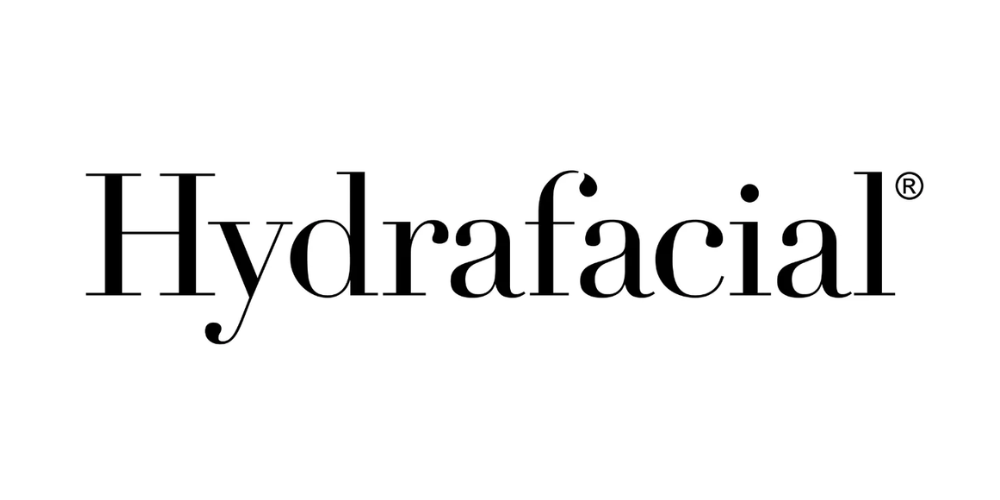








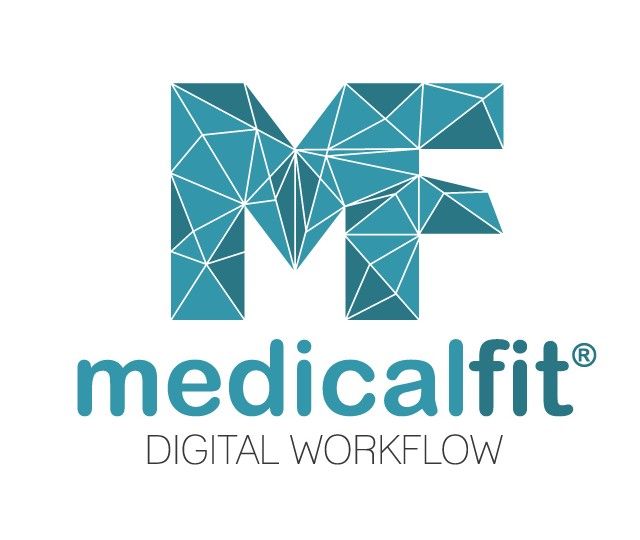



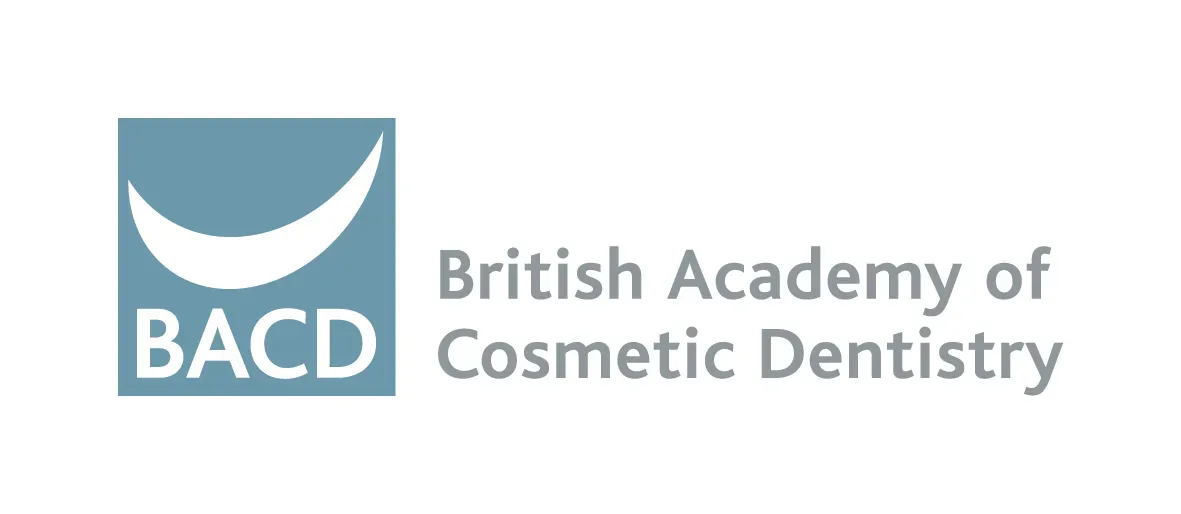
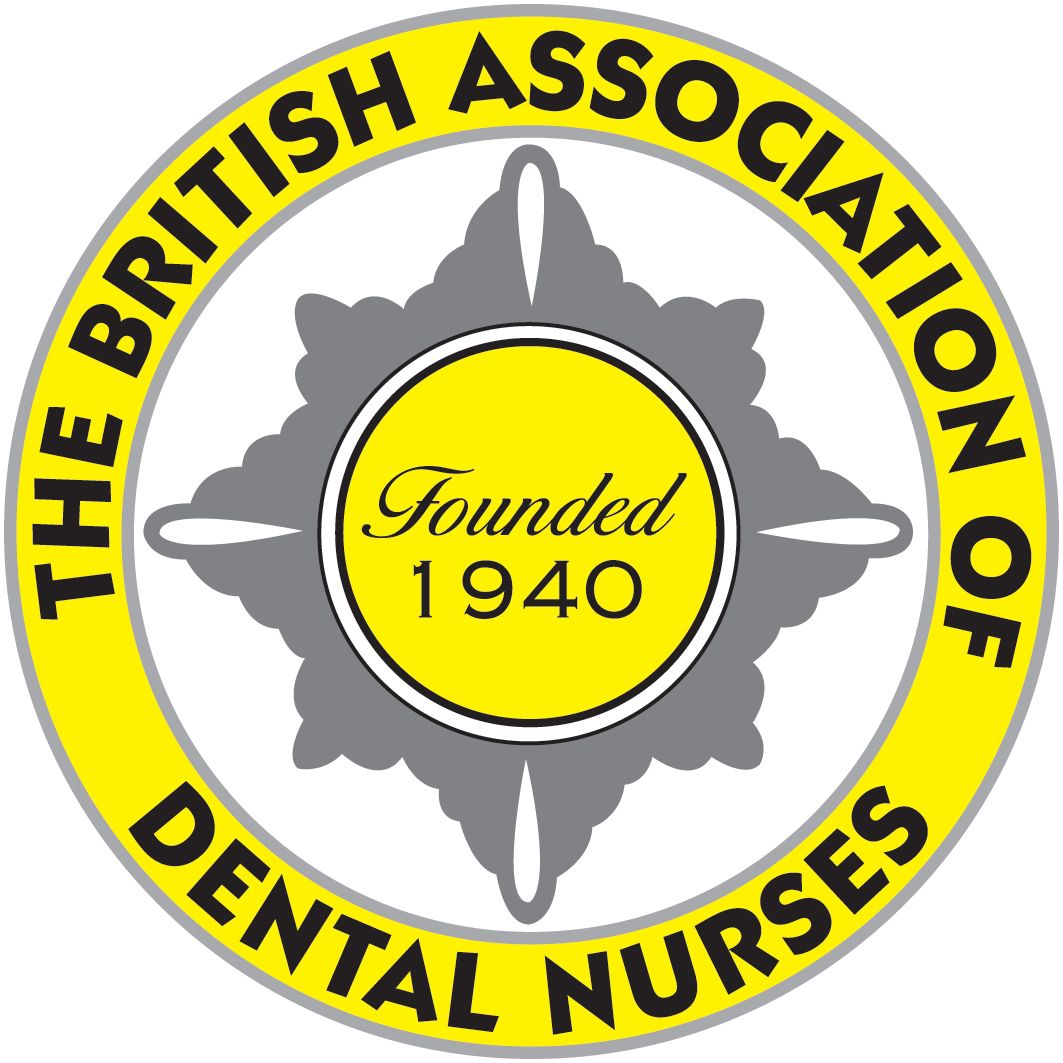
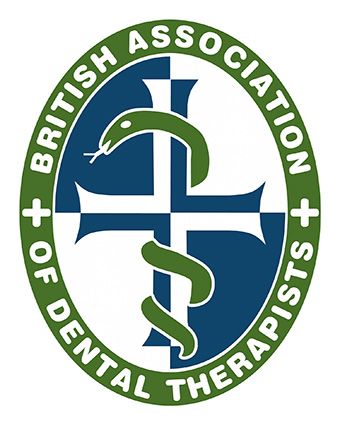
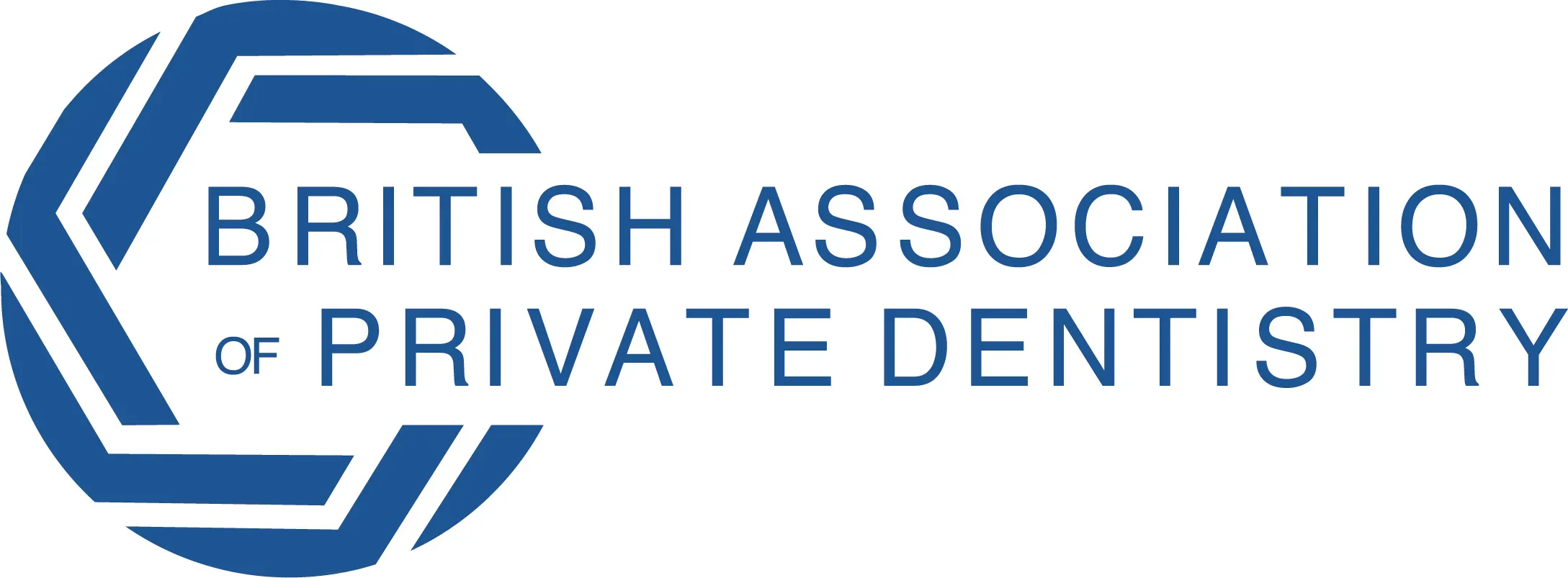
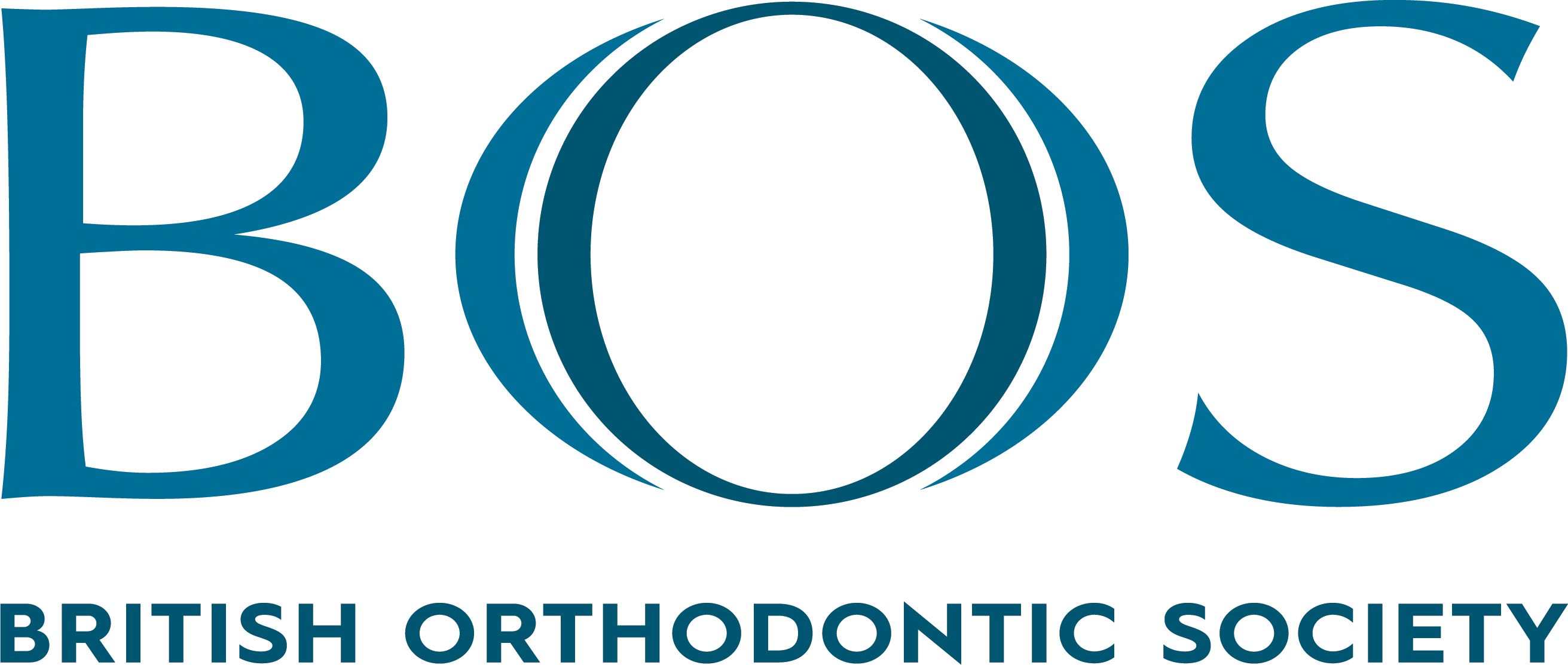
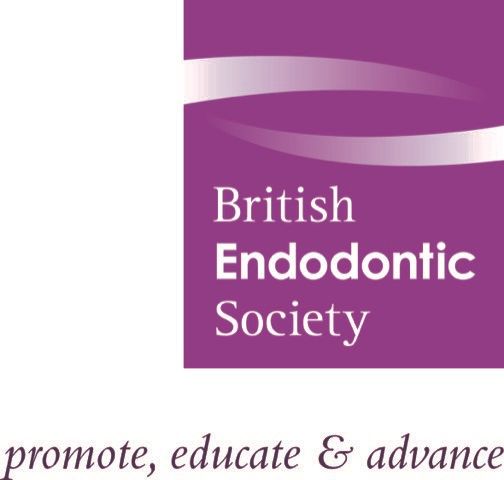
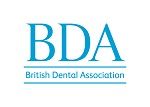


.png)
